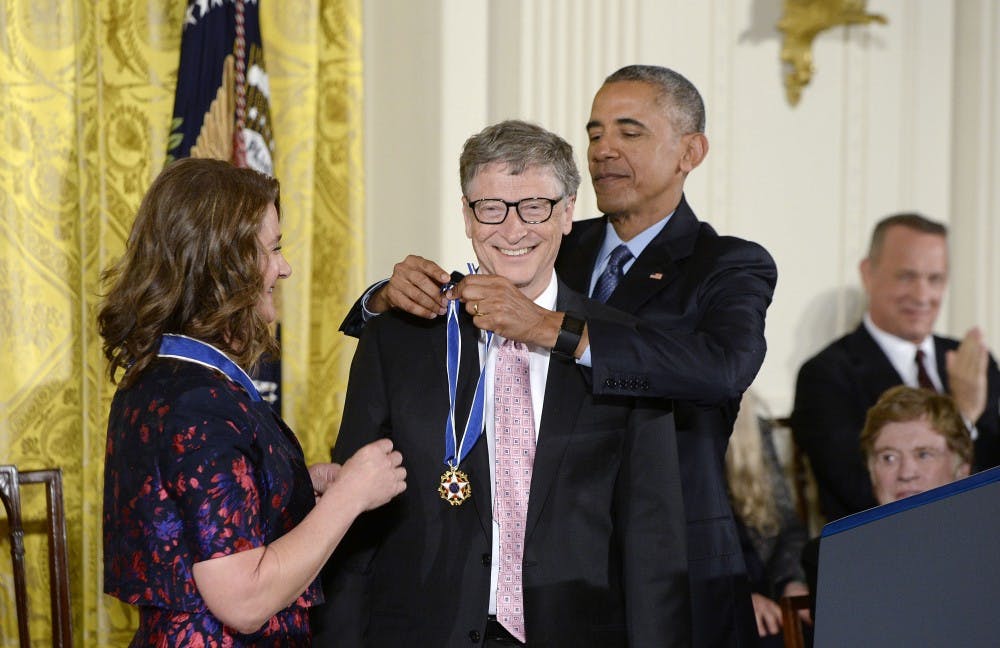When you hear the names Steve Jobs, Bill Gates or Mark Zuckerberg, you probably see green dollar signs in front of your eyes, not a failing report card. These three highly successful innovators live — or lived — luxurious lives, never wanting for anything and setting their families up for success for generations to come.
But what most people probably don’t know is that in terms of the United States’ academic system, none of these three household names achieved very much at all. In fact, none of them graduated from an institution beyond high school.
So, what happened? Was their success some sort of fluke in the system, a situation where people with little potential according to academic standards found a loophole?
No. Their success was absolutely not the result of a loophole. They dared to be innovative and work outside the lines to be where they are now, or where they were at the time of their death. The issue does not lie in slackers getting around the standards for success; the issue lies in the standards for future success not accounting for innovative talent like what these three people possess.
Right from the start of American students’ educational career, they are told to follow a very specific way of thinking. From coloring in the lines to solving abstract math problems using a formula, students are repeatedly taught conformity. Those who can follow their teachers’ ways of thinking are rewarded with stellar grades and acceptance into college; those who think differently are looked down upon as either slackers or academically challenged.
The U.S. education system encourages surface-level learning and shames creativity and innovation.
That's not to say there are no teachers out there who strive to instill a true love of learning in their students. Their passion is obvious and heartwarming, and it definitely makes a huge difference in the classroom and beyond. The issue is, even though there are plenty of these teachers across America, the standards for public education force all teachers to “teach to the test,” not to provoke intellectual curiosity.
Bill Gates decided to drop out of Harvard to pursue his own creative projects in computer programming, and — as you may have heard — it worked out well for him. Mark Zuckerberg left Harvard once he realized that his innovative site, Facebook, would see huge success. Steve Jobs decided to leave Reed College because he reportedly was bored out of his mind.
They did not attain any degree of significance revered by our society, but they nonetheless changed the way our world functions and interacts. No degree from an Ivy League can give you that. And no amount of conformity will ever lead you to that success.
Each and every time society rewards conformity, the future gets a little less bright. Eventually, we will be stuck in a static state, never advancing or getting better. We’ll be trapped into the formulas we learned in middle school to solve every problem, when in reality, the real solution takes far more innovation.

